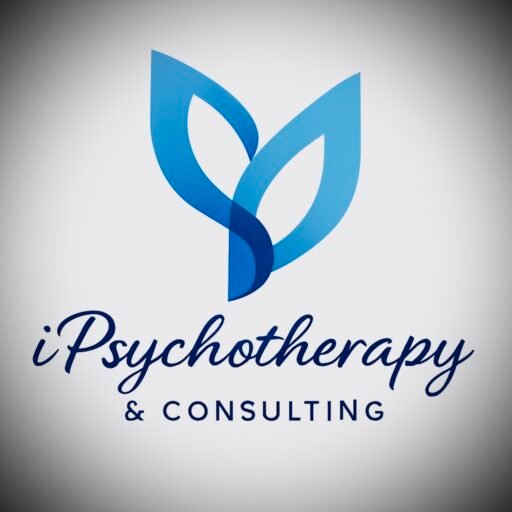Modality
- Home Page
- Modality
Modality
Starting the journey toward self-disclosure and healing can be both courageous and challenging. It’s a path that allows you to explore a deeper understanding and awareness of yourself. You might encounter moments of surprise, discovering aspects of yourself you didn’t expect, as well as moments of joy, recognizing strengths and insights you may hold.
In individual therapy, we will work together to ask and answer questions that can lead to a clearer understanding of your experiences and concerns. I am here to support you every step of the way, utilizing a range of evidence-based therapeutic approaches, including Cognitive Behavioural Therapy (CBT), Dialectical Behaviour Therapy (DBT), Attachment Theory, Narrative Therapy, and Solution-Focused Brief Therapy. Together, we will navigate this journey with a Trauma-Informed, Culturally Sensitive, and Anti-Oppressive perspective, ensuring that you feel safe and understood throughout the process.
I am here to support you as you work towards setting meaningful goals and managing the challenges of stress, anxiety, and mood disorders. Together, we can navigate the difficulties that arise from trauma, grief, and the transitions that life brings. My goal is to help you gain a deeper understanding of healthy relationships and to empower you as you cultivate self-compassion and build self-esteem.
Areas of Specialization and Therapeutic Modalities
We will also focus on enhancing your parenting and communication skills while defining personal and relational boundaries that protect your well-being. Through our work, we can help you regulate your emotions and find effective ways to resolve conflicts.
The therapeutic approach we choose will be tailored to your unique needs. I want to ensure you feel informed and supported, so I’ll provide an overview of some evidence-based modalities we might use and how they can help you with your specific concerns. You’re not alone in this journey.
(CBT)
(DBT)

